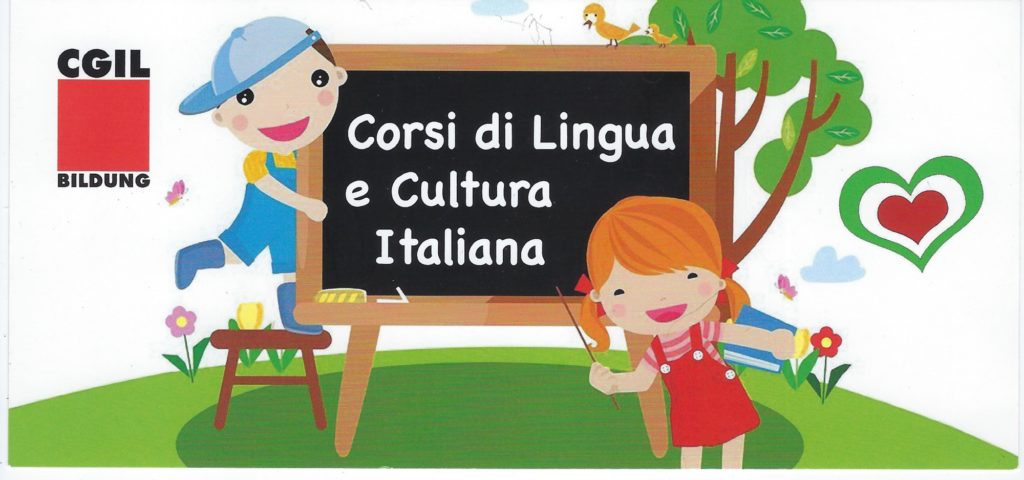M.A.R.E.: A world of projects and hopes
“Increasing the willingness of young migrants to undertake an apprenticeship” is part of a seven stage project of the regional development partnership M.A.R.E. which stands for migration and work in the area of Rhine-Main. M.A.R.E. belongs to the EU-programme Equal.
The target group of the whole project are unemployed migrants of all nationalities and ages. “The policy of the labour market has to be related to the whole area of Rhine-Main as it doesn’t stop at the boarders of the regional authority” explains Lutz Klein, spokesman of M.A.R.E. and team leader of the social welfare office for young people in the city of Frankfurt. For that reason the cities of Frankfurt and Offenbach as well as the districts of Main-Taunus and Offenbach have initiated M.A.R.E. The aim of this project is to increase the professional qualifications of migrants and to make their access to the labour market easier by giving them specific advice. In addition to this it is also intended to increase the participation of young people from a foreign origin in an apprenticeship. In the course of the project quality standards will be worked out for those types of integration offers, that will be also there for the use of existing institutions of the regional authorities.
The project is promoted through the community initiative “Equal” of the European Union. Altogether there are 16 development partners as well as twelve strategic and two transnational partners. “When we chose the development partners it was of main interest to us that on the one hand the necessary know-how would be available and that on the other hand each target group of the topic work and migration would appear in an appropriate relation.” If required the strategic partners will take on an advisory function and the transnational partners will be there for an exchange of experience with similar projects beyond German boarders.
In January 2002 M.A.R.E. started its preparation phase, first of all the 16 development partners had to coordinate and work out different concepts. Since May 2002 the second part of the project has started: the concrete realization of the seven parts of the project. Until June 2005 these parts of the project will be concluded and will have worked out for each of the central topics, methods and measures that offer a pilot profile for the region of Rhine-Main. Through the module “Mainstreaming” the gained knowledge will then be transferred into lasting structures. “As the cities and districts are involved in this project, the products of the parts of the project, are the basic textbook or Curricula that are going to be introduced into the work of the administration”, explains Lutz Klein, spokesman of M.A.R.E. If for example a guideline is worked out to train the intercultural competence of administrative forces, the according employees of the region will be given further training in relation to this profile. “This way M.A.R.E. will also create quality standards for the labour market area and for the migrants of the region”.





